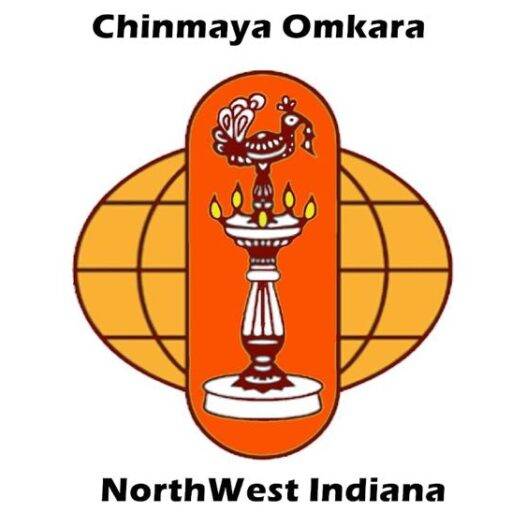What is Sin
Introduction
In the Bhagavad Gita, Bhagavan Krishna shares an analysis of seekers. All are seekers; the difference is in what they are seeking. There are four types of seekers, from lowest to highest:
4. Arthi: Seekers who seek to escape from pain.
3. Artharthi: Seekers who seek to embrace pleasure, possession, and position.
2. Jignasu: Seekers who seek themselves, want to know who they are.
1. Jnani: Seekers who know themselves.
We can distinguish between these types of Seekers through longevity and depth. While escaping pain does not last long — it goes away, but then it comes back — whereas once you know who you are at an absolute level, that never changes. One who seeks knowing themselves is deeper.
We are all seekers and we are trying to become longer, deeper Seekers. We are doing this through the perspective of Prince Arjuna through his questions.
Review: What is peace?
From an absolute perspective, peace is that which is independent.
We need peace. At a relative level, peace is balance or sama, being even. How do we begin to want peace, need peace?
By following our responsibilities! Instead of finding reasons to not be responsible, find ways to be responsible and we will come to experience relative peace.
Prince Arjuna’s Question: Chapter 1, Verse 36:
“Killing these sons of Dhritarashtra, what pleasure can be ours, O Janardana? Sin alone will be our gain by killing these felons.”
Prince Arjuna refers to family and position as his purpose, succumbing to shallow thinking.
When we only live for our family, that is a justification for short-term thinking because many more are giving to us, not just our families.
Additionally, when the purpose is shallow, such as achieving position, the pull will be shallow too.
Bhagavan Krishna’s Answer: Chapter 2, Verse 33:
“But if you will not fight this righteous war, then having abandoned your own duty and fame, you shall incur sin.”
Lord Krishna emphasizes to Prince Arjuna that these responsibilities are not optional.
Dharma is integration; the body to the mind, the mind to the intellect. When there is a lack of integration or integrity, there is hypocrisy.
These responsibilities make us stronger: physically, mentally, and intellectually. Our individual dharma is that which is leading us to our collective svadharma, to be independently joyous.
What is sin?
Lord Krishna describes to Prince Arjuna what happens when one is irresponsible: a disturbed mind! When we are responsible, that is peace! Peace is independence and balance. Sin is a mind that is disturbed.
Questions:
- How do you gauge if we are becoming more independently joyous?
- The mind becomes quieter! A quiet mind is more courageous.
2. How do you balance your responsibilities with that which brings you satisfaction?
- That which brings satisfaction is usually short-term, while responsibilities lead to quietude and independence, for long-term.
- Think more long and deep; go from individuality to totality.
- Our number one responsibility is to the divine
3. What should we do if fulfilling our responsibilities does not make our mind quiet?
- If you fulfill your responsibilities, you will feel quiet. If you don’t, you didn’t fill them to the best of your ability.
- When you feel disturbed reflect on why and refine how you approach your responsibilities
4. How do you balance responsibilities? Those that are perceived, those that are actual?
- There are no hacks to these questions; only you know what your responsibilities are
- Reflect more on who you are — clarity leads to conviction
- Learn to say No! — we cannot meet everyone’s expectations
5. What is the difference between the mind and the intellect?
- Meaningful Mornings explains this further
- The nature of the mind is to doubt, the nature of the intellect is to decide
RAW for Sept 24th: Whenever your mind is disturbed, drink a glass of water and feel like that water is quieting your mind.
If still after that your mind is still disturbed, wash your hands with soap — but no moisturizer after!

